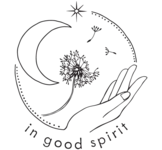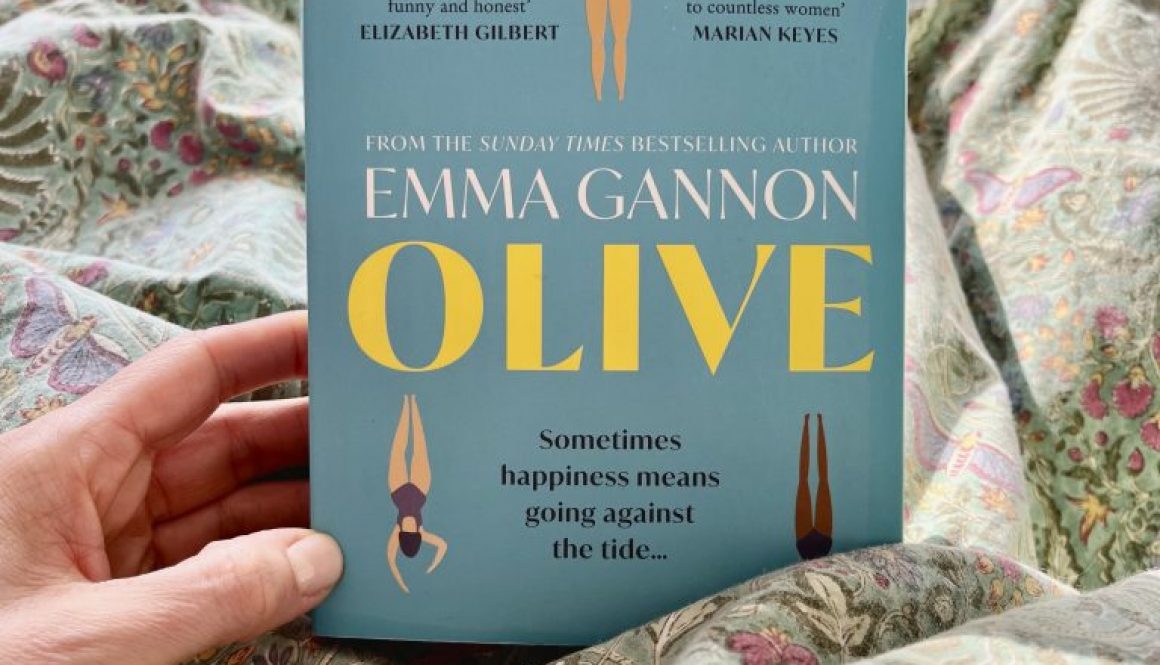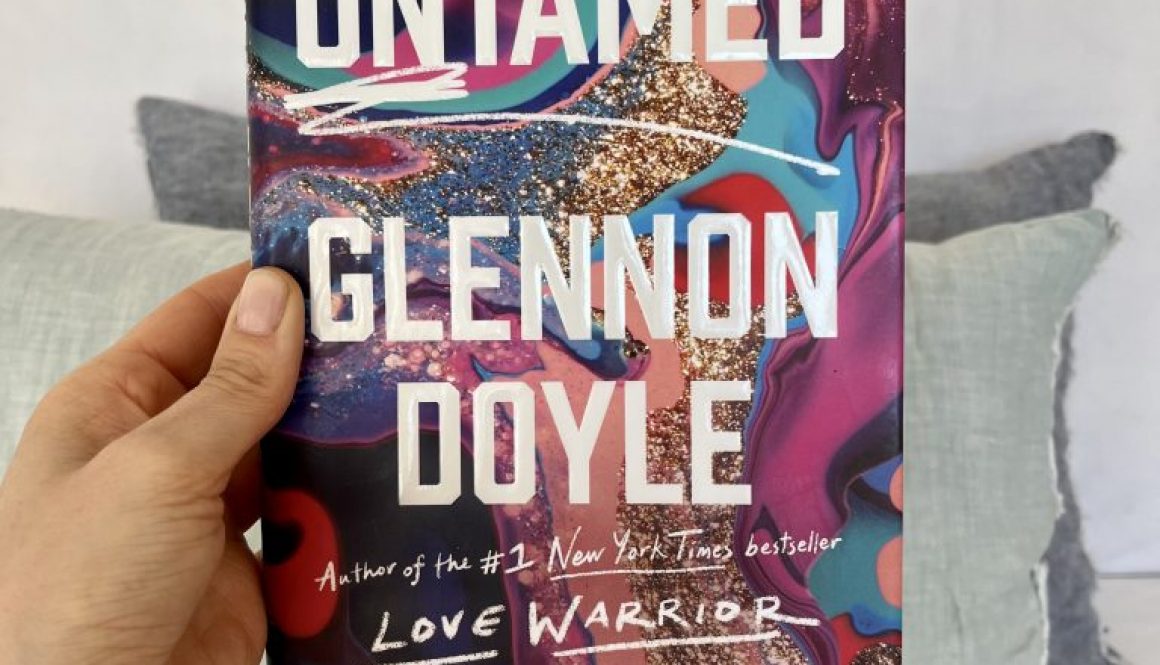‘Kids or no Kids’ – OLIVE a Review
what it’s about
OLIVE sheds light on a wide range of perspectives as to what women experience when it comes to the question of ‘wanting’, ‘having’ or ‘skipping’ children. In particular, it explains and explores the difference between living a ‘child-free’ and a ‘child-less’ life and highlights the emotional hardships that coincide with swimming against the stream of normative culture.
storyline
A young lifestyle journalist in her early thirties experiences her romantic relationship and long-standing friendships take a deep plunge after expressing her personal choice to live a child-free life. Discouraged and pressured by societal norms and expectations, Olive (the protagonist) struggles to tune-in to her own truth. Thus she sets out to discover voices of self-empowered, consciously child-free individuals outside of her social circle, both online and in person, in order to relate to and weigh out the consequences of her own decision not to have children.
background
This is Emma Gannon’s debut novel. Whenever I listen to episodes of her career/personal development podcast CTRL ALT DLT I come away informed and inspired. As I’m in my late thirties without any own children, I was interested to read Emma’s take on the subject.
overall impression
The conversations and experiences Olive has throughout the book definitely widened my horizon on how layered and loaded the subject of ‘motherhood’ can be.
“So, when will you have kids?” has long passed its sell-by date as an acceptable question to ask at dinner parties, family gatherings or social events of any kind, really.
Far from innocent, it lays out a minefield of possible hurt, grief, rejection or disrespect and should be erased from any selection of small talk options – especially if the answer is ‘no’ or ‘I am not able to’things could get edgy very quickly …
Overall, the novel allows us to get an intimate glimpse of the strains that adult responsibilities, motherhood, parenting and partnerships place on even the deepest of friendships. How easy it is to be blinded by assumptions of everyone else having their “shit” together apart from ourselves, and how important it is to create the time and space to check-in with and truly listen to the people we hold close to our heart on a regular basis.
criticism
It took me a while to warm up towards the character of Olive. At the beginning, she comes across as irritatingly self-centred, immature and whiny. I grew more fond of her throughout the story, once we get to know her more vulnerable and loving sides. Be it the heart-wrenching final break-up conversation with her former partner of ten years in a coffee shop, Olive bonding with and looking out for an elderly neighbour from across the street, or the affectionate relationship Olive develops towards the troubled teenage daughter of her new partner throughout the last chapters.
Until the very end, however, I felt extremely critical towards the vast amount of alcohol Olive consumes across the book and found it worrying that the storyline failed to acknowledge or comment on the character’s self-destructive drinking patterns.
Especially, as the novel displays tendencies of idealising Olive’s free-spirited, independent life as a media savvy career woman, I feel it is important to point out that the frequency and amount of alcohol consumed throughout the story displays strong signs of alcohol dependency.
Drinking entire bottles of wine in one sitting or several cans of G+T to ‘unwind’ after work is neither healthy nor should it be normalised. In my view, Olive unconsciously uses alcohol as a maladaptive coping mechanism to deal with stress, anxiety and loneliness and I feel the book could have done much more to flag the issue that otherwise comes across as socially acceptable and harmless behaviour.
verdict
If, like me, you are new to exploring more than one perspective on what it means to decide for or against having your own children, OLIVE is a great way to dive into the subject.
The book portrays how the question of ‘whether or not to bring children into this world’ is a heavily loaded subject that is highly personal and can trigger a wide array of emotions. It also shows how ‘motherhood’is not limited to baring your own children, but can be expressed in committing to lovingly invested, care-taking roles towards those in need of guidance.
A smart, well-rounded and approachable take on re-claiming and owning your truth as a young woman who consciously opts out of having children.



